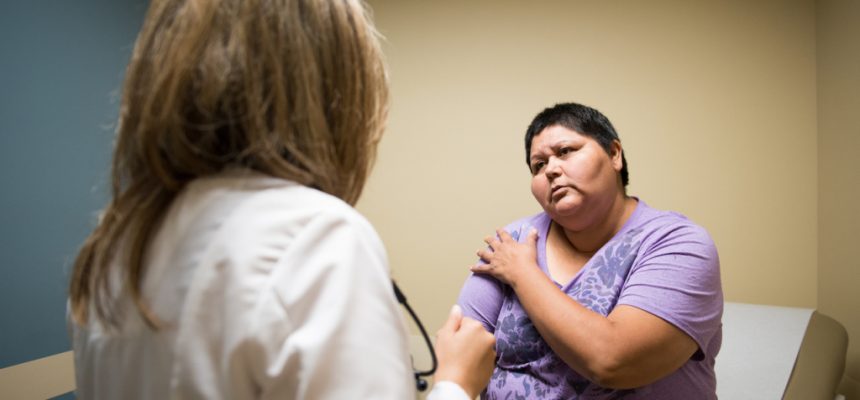Insurer Under Fire For Rolling Back Coverage of HIV Prevention Medication
By Consumers for Quality Care, on December 15, 2017

Photo by Heidi de Marco/KHN
Recently, UnitedHealthcare has come under fire for rolling back coverage of Truvada, a pre-exposure prophylaxis (PrEP) medication. When used correctly, the drug has at least a 92% success rate in preventing HIV transmission.
The drug is normally expensive, and many patients use secondary insurance, such as copay cards or manufacturer coupons to pay for it. A policy change from UnitedHealthcare could make the drug even more expensive for consumers, NewNowNext reports.
One consumer, David Cash, posted a picture of a letter he received from UnitedHealthcare online, outlining 2018 changes to his coverage:
The correspondence, dated December 1, states that when it comes to prescription medications, “only the amount you pay out of your own pocket will apply toward your deductible and out-of-pocket maximum” as of January 1, 2018. While the letter doesn’t reference PrEP specifically, it’s the only prescription he’s on with a copay assistance plan.
Cash estimates that the change will cost him nearly $3,500 a year, an additional cost he cannot afford on his retiree budget.
“I think it’s a shameful thing they’re doing,” he tells NewNowNext. “They’re just trying to reduce the utilization of PrEP because of its cost to them, which is pretty morally bankrupt, considering what it’s for.”
Activists question why the insurance company would try to limit a medication that is proven to help individuals not contract HIV:
“It’s illogical and irresponsible for UHC to add this extra barrier to PrEP access,” Jacobs tells NewNowNext. “The CDC has acknowledged the role of PrEP in decreasing new HIV diagnoses. Providing obstacles to PrEP will result in more HIV transmissions, which will ultimately be of greater cost to United Healthcare.”
This is the second time that UnitedHealthcare has been scrutinized for limiting consumers’ access to PrEP medication, in recent months. In August, the insurer denied a bisexual patient the drug due to his “high risk homosexual behavior.” After the incident, UnitedHealthcare apologized and said it would no longer require prior authorizations for Truvada.




